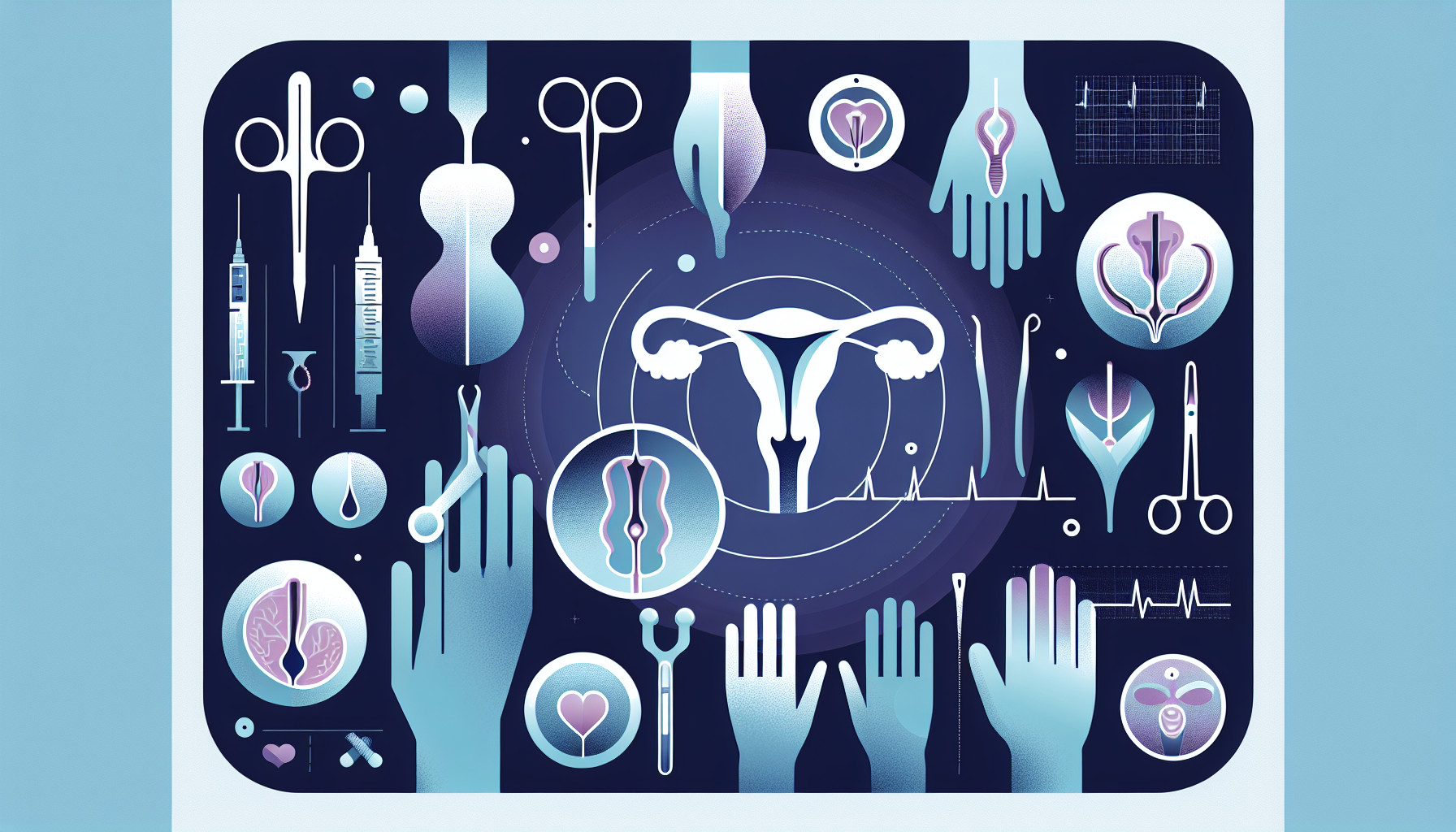Our Summary
This research paper discusses the growing availability of gender-affirming surgeries, such as vaginoplasty, for transgender and gender diverse individuals. The paper acknowledges that these populations are disproportionately affected by HIV and sexually transmitted infections (STIs), but there is a lack of information about the rates and management of these infections among people who have undergone vaginoplasty. The paper seeks to inform doctors about the different vaginoplasty procedures being performed, the risks and complications related to these surgeries, and what we currently know about the rates of HIV/STIs among individuals who have had a vaginoplasty.
FAQs
- What is the main purpose of this research paper on vaginoplasty?
- What information does the research paper provide about HIV/STIs rates among people who have undergone vaginoplasty?
- What are some of the risks and complications associated with vaginoplasty procedures as discussed in the research paper?
Doctor’s Tip
One helpful tip a doctor might tell a patient about vaginoplasty is to follow post-operative care instructions carefully to reduce the risk of complications and ensure proper healing. This may include abstaining from sexual activity for a certain period of time, keeping the surgical area clean and dry, and attending follow-up appointments with your healthcare provider. It’s important to communicate any concerns or questions with your healthcare team to ensure the best possible outcome.
Suitable For
Patients who are often recommended vaginoplasty include transgender individuals who are seeking gender-affirming surgery to align their physical appearance with their gender identity. These individuals may experience gender dysphoria related to their genitalia and desire to have a vagina that aligns with their gender identity.
In addition, individuals with congenital conditions such as Mayer-Rokitansky-Küster-Hauser syndrome, which is characterized by the absence or underdevelopment of the vagina and uterus, may also be recommended vaginoplasty to create a functional vagina.
Patients who have undergone gender-affirming hormone therapy and psychological evaluation may also be recommended vaginoplasty as part of their transition process.
Overall, patients who are mentally and physically healthy, have realistic expectations about the outcomes of the surgery, and have a strong support system in place are typically good candidates for vaginoplasty. It is important for individuals considering vaginoplasty to consult with healthcare providers experienced in transgender care to discuss their options and determine if vaginoplasty is the right choice for them.
Timeline
Before vaginoplasty:
- Patient meets with a healthcare provider to discuss their options for gender-affirming surgery
- Patient undergoes a thorough evaluation to determine their eligibility for surgery
- Patient receives counseling and education about the risks and benefits of vaginoplasty
- Patient undergoes pre-operative testing and preparation for surgery
After vaginoplasty:
- Patient undergoes post-operative care and monitoring by healthcare providers
- Patient may experience pain, swelling, and discomfort in the immediate post-operative period
- Patient receives instructions for wound care, hygiene, and follow-up appointments
- Patient may need to take time off work or activities to recover from surgery
- Patient may experience changes in sexual function and sensation
- Patient may need ongoing support and counseling for physical and emotional adjustment to their new body
Overall, vaginoplasty is a complex surgery that involves physical, emotional, and psychological changes for the patient. It is important for healthcare providers to provide comprehensive care and support before and after surgery to ensure the best outcomes for transgender and gender diverse individuals undergoing vaginoplasty.
What to Ask Your Doctor
- What are the different types of vaginoplasty procedures available and which one is recommended for me?
- What are the potential risks and complications associated with vaginoplasty surgery?
- What is the recovery process like and how long does it typically take?
- Will I need to take hormones before or after surgery, and if so, what are the potential risks and benefits?
- How will vaginoplasty affect my sexual function and sensation?
- How often will I need to follow up with you after the surgery?
- What are the potential long-term effects of vaginoplasty on my overall health?
- How will vaginoplasty affect my risk of HIV and other STIs, and how can I protect myself?
- Are there any specific post-operative care instructions or precautions I need to be aware of?
- Can you provide me with information about support groups or resources for individuals who have undergone vaginoplasty?
Reference
Authors: Van Gerwen OT, Aryanpour Z, Selph JP, Muzny CA. Journal: Int J STD AIDS. 2022 Feb;33(2):106-113. doi: 10.1177/09564624211046997. Epub 2021 Oct 6. PMID: 34615399
